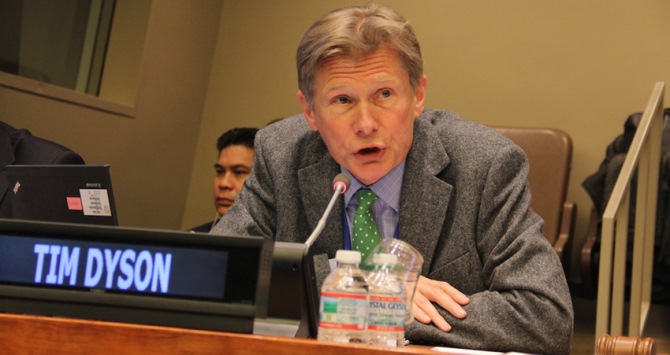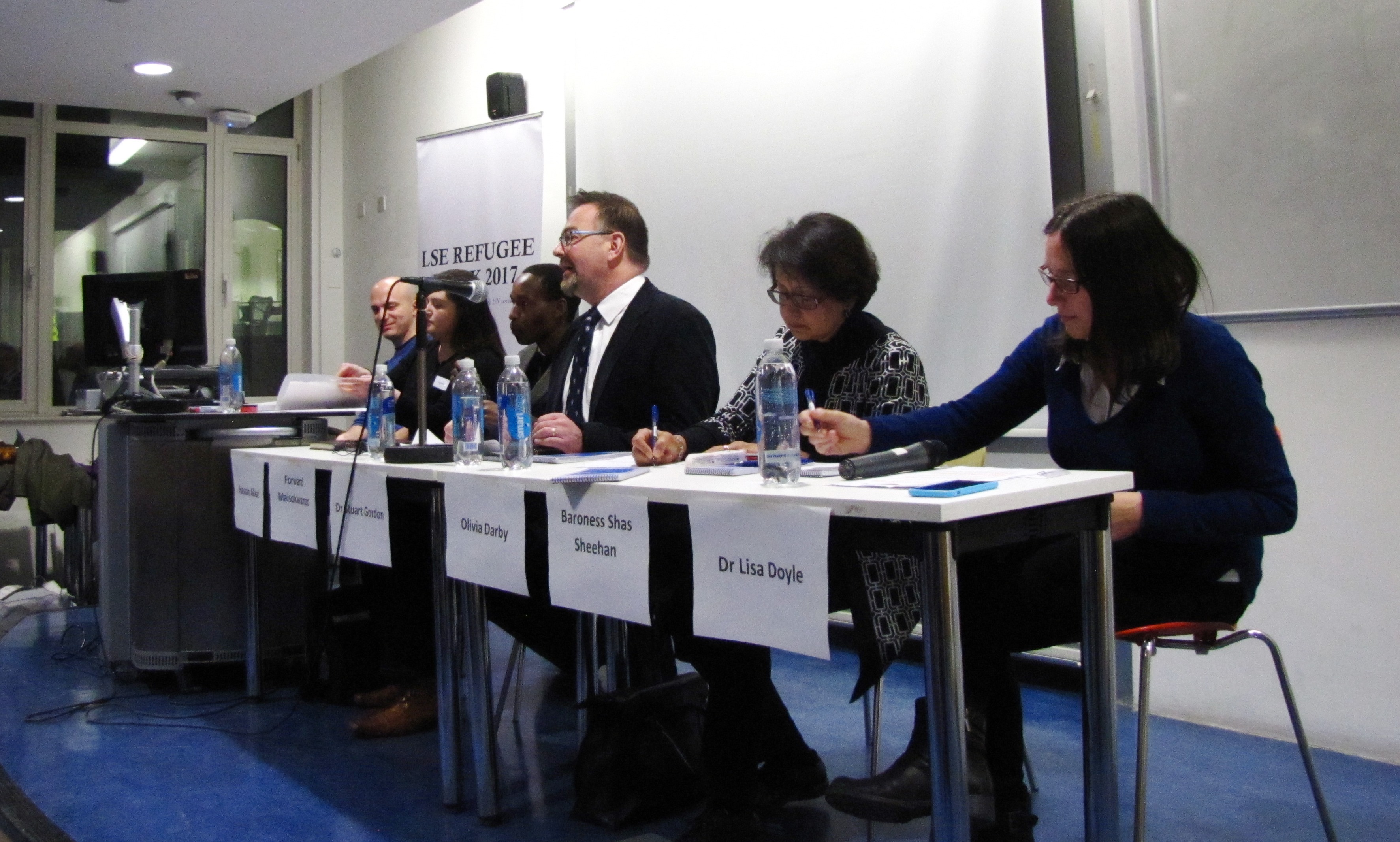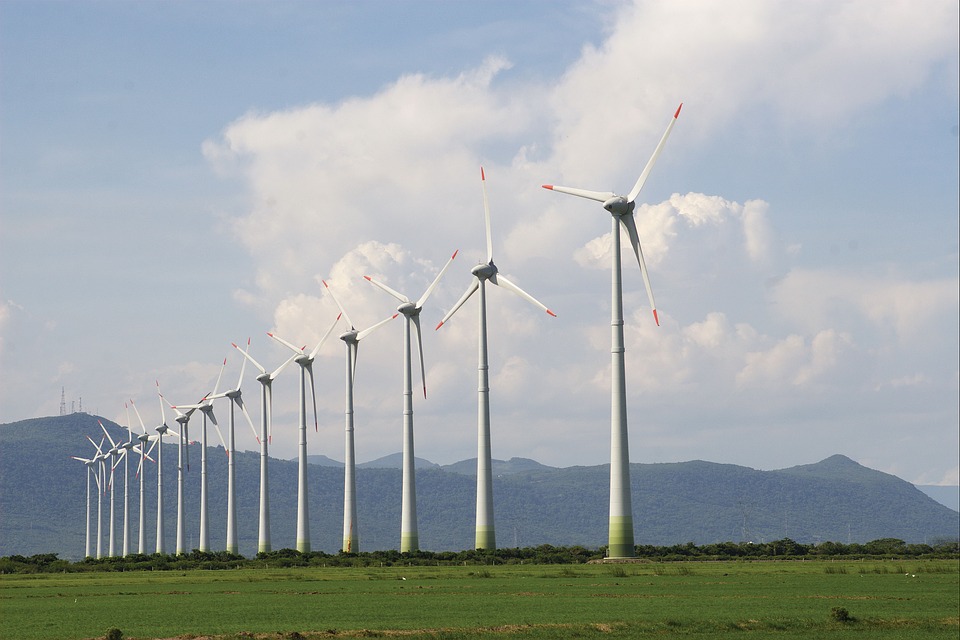In her latest publication, Kathy Hochstetler, examines environmental policies and outcomes during three successive presidential administrations in Brazil, and questions whether the Brazilian presidential system helps shape the country’s environmental policy.
Does the Brazilian presidential system shape environmental policy there? The comparative literature on environmental policy offers few reasons to think that it might. Most explanations of variations in the quantity and quality of environmental regulation stress levels of economic development or move outside of the nation- state to examine international processes of diffusion and convergence. Other studies look at large macrostructural differences like the contrast between democratic and authoritarian systems and/or the role of non-state actors. This article examines environmental policies and outcomes in three successive presidential administrations in Brazil – the two terms of President Luis Ignacio Lula da Silva and the first term of his successor, Dilma Rousseff – to develop hypotheses about whether institutional factors should gain a larger place in comparative studies of environmental policies and outcomes. The paper concludes that there are substantial differences in the environmental policies of the three administrations, although the differences have more to do with individual Ministers of Environment and their goals and strategies rather than those of the presidents. Ministerial ambitions sometimes undercut presidential efforts to build political coalitions and carry out infrastructure plans, especially under Marina Silva.
The publication is available to download and view here.
Kathy Hochstetler is Professor of International Development and teaches Global Environmental Governance. She is interested in the interdisciplinary study of environment and development and has researched this theme from many angles – global environmental negotiations, regional trade agreements (Mercosur), and through the study of national environmental movements, environment policy, and democratic institutions, primarily in South America. She is currently completing a research project on the role of the BASIC countries (Brazil, China, India, South Africa) in climate negotiations and is writing a book on the adoption of wind and solar power in Brazil and South Africa. In addition, she is researching south-south development finance, with particular focus on Brazil’s BNDES.
The views expressed in this post are those of the author and in no way reflect those of the International Development LSE blog or the London School of Economics and Political Science.





